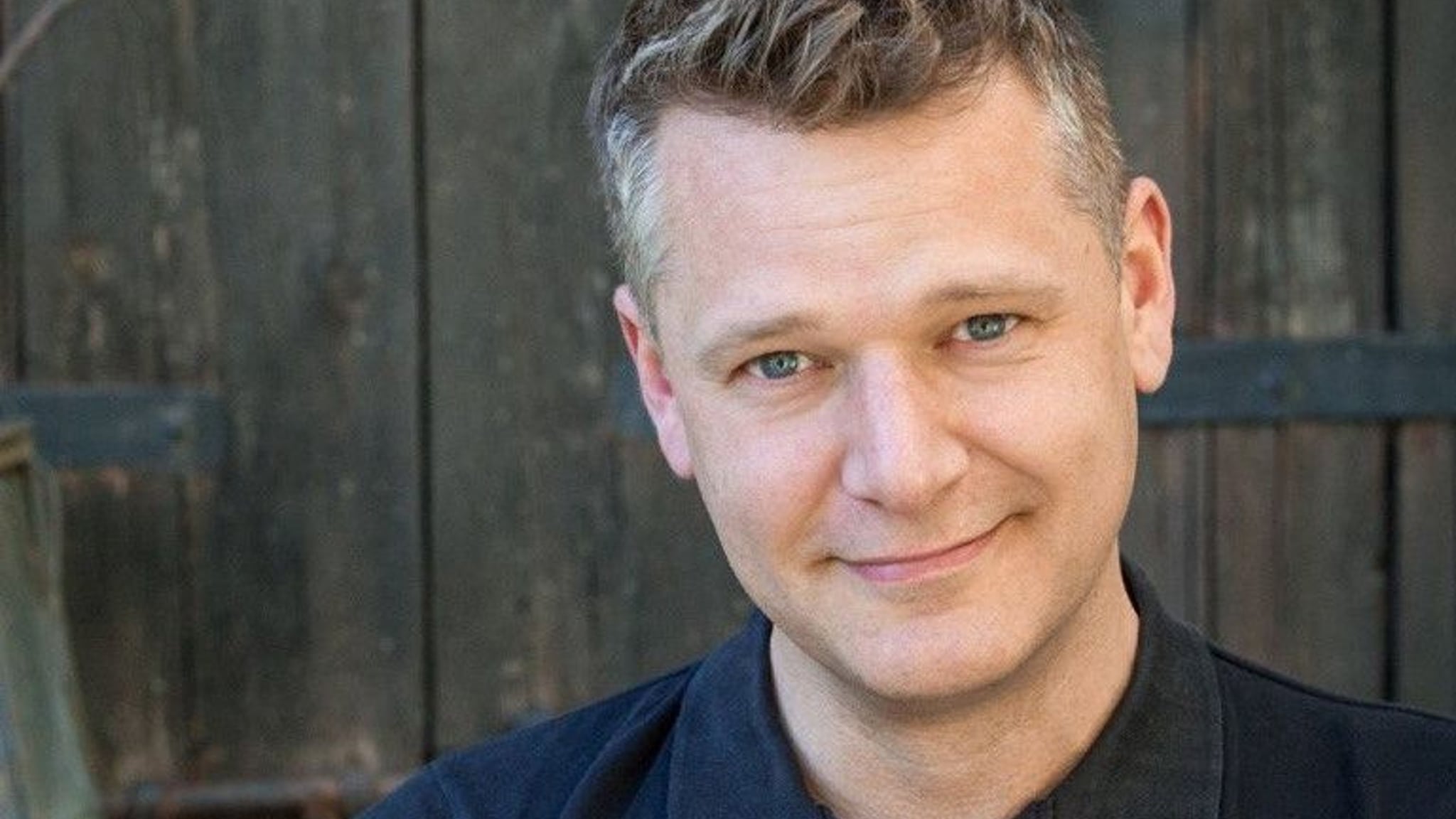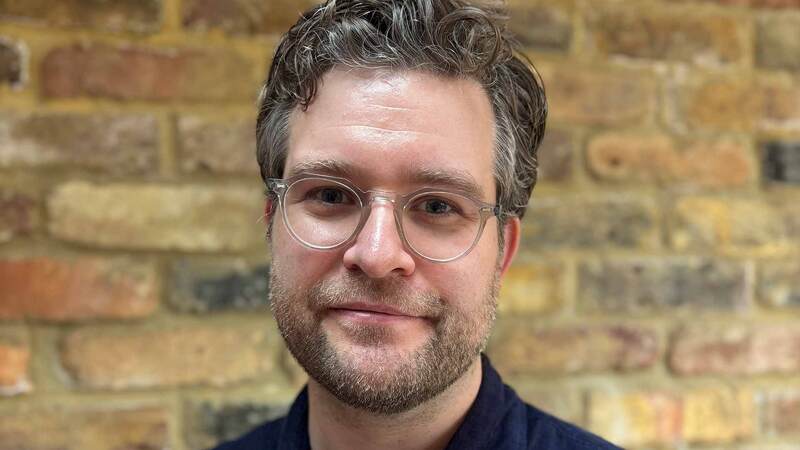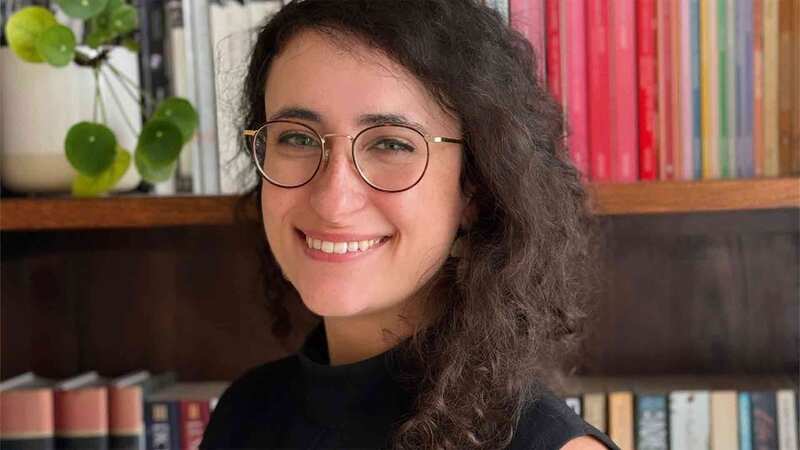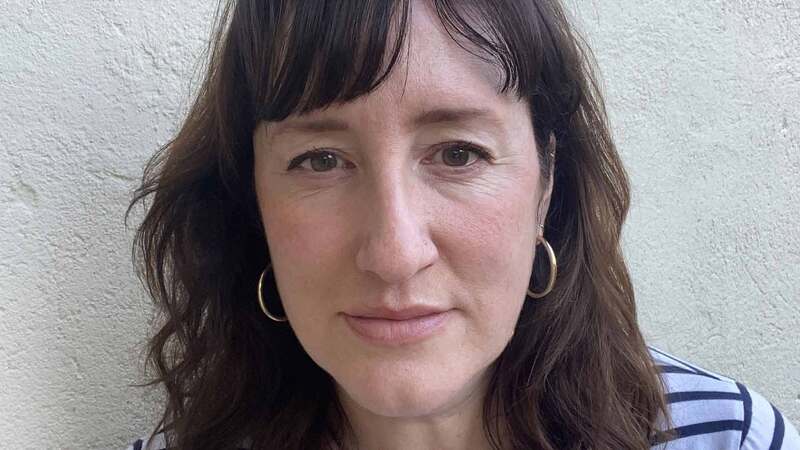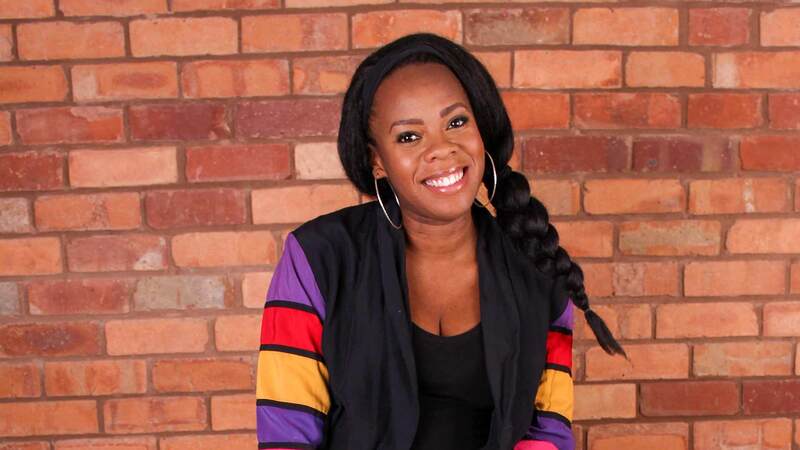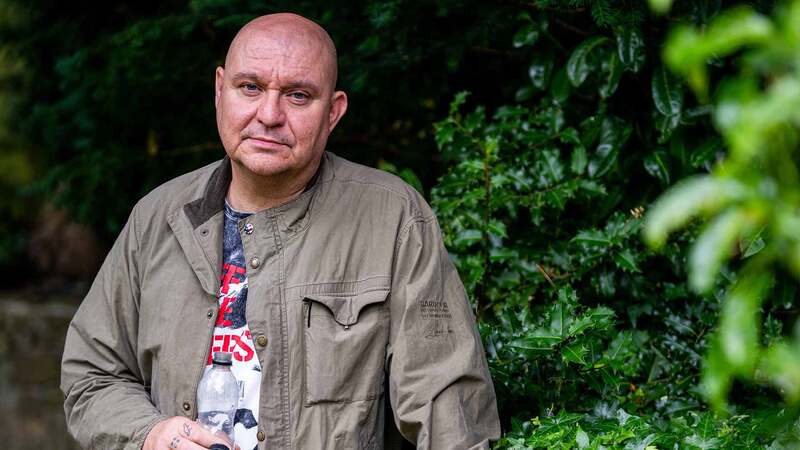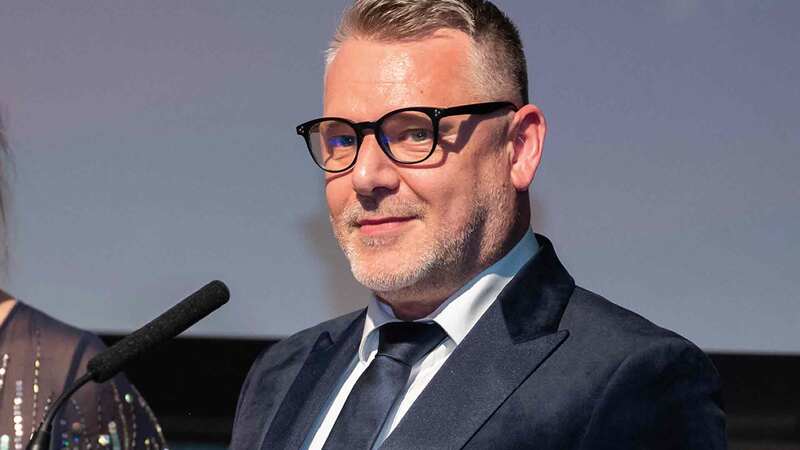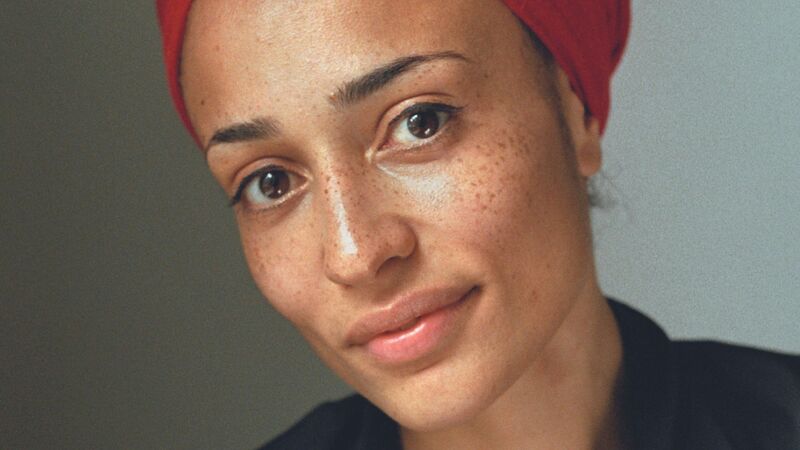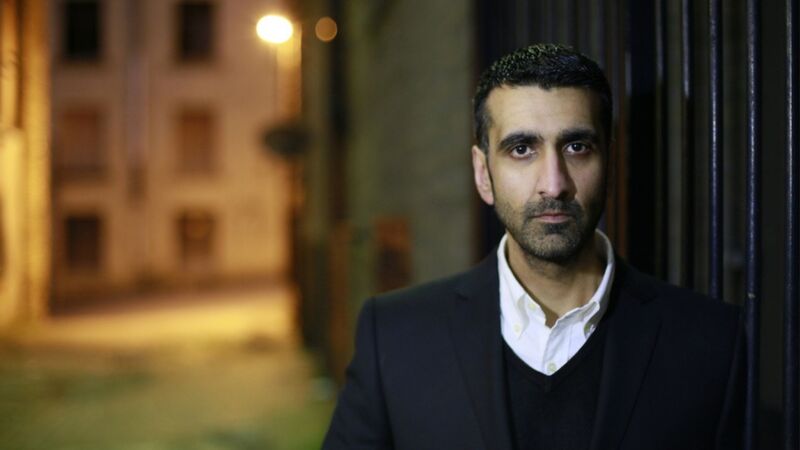You are viewing your 1 free article this month. Login to read more articles.
David Headley: The golden touch
Tom Tivnan talks to David Headley and tries to find rays of hope amid the pandemic gloom...
I meet David Headley this summer in the usual way of the plague year, on Zoom, and it is fair to say he is not at his cheeriest. This is entirely Covid-related: though lockdown has lifted and customers have returned in droves to Goldsboro Books, the London bookshop he co-founded 21 years ago, he worries about the long-term impact on consumer purchasing power and its effect on the book trade; he is on the brink of cancelling this year’s edition of Capital Crime, the festival he launched in 2019 with screenwriter and author Andy Hamdy; and on top of that, the registry office cancelled his wedding (though happily, he and his partner David Fennell were able to reschedule and were married in early September).
Largely unaffected by the pandemic has been DHH Literary, the agency he launched in 2008. It has had a pretty decent time of it over the past few months including Broo Doherty orchestrating a seven-book deal for Jules Wake with HarperCollins, Hannah Shepard conducting a three-book deal for rising children’s star Abi Elphinstone with Simon & Schuster, Harry Illingworth selling three titles in débutant Adam Simcox’s supernatural series to Gollancz, and Headley himself sending Icelandic crime author Ragnar Jónasson’s latest to Orenda and the The Art of Death, a thriller by début author David Fennell (yes, his husband), to Bonnier Zaffre.
Headley acknowledges the good run, but says: “To be honest, for a long time I didn’t feel like a proper literary agent—I felt a bit of a fraud. But now, I look at my agency and the authors that we represent and the amazing team that I work with... I mean, Broo Doherty is a phenomenal agent and she left her agency to join mine, Hannah Shepherd left Headline to come here. We have Natalie Galustian who was a rare book dealer and is very talented with non-fiction projects in particular. And then Harry Illingworth who was a Goldsboro bookseller who was very passionate about becoming an agent, and he’s a brilliant, brilliant books man and has a great eye. Together we represent some of the most amazing authors. We’re incredibly lucky to have this balance of some bestselling, some award-winning, some very talented commercial writers.”
Though concerned about the ongoing issues around coronavirus, Headley is not necessarily downbeat. In fact, he gets increasingly animated as we talk about books and authors rather than the industry itself. He explains: “I always say I’m a bookseller first and foremost, because I think everybody who works in the trade—no matter if you’re an agent, editor or whatever you do—you are a bookseller, because if we talk about books passionately, we’re going to inspire someone to go and buy them.”
Indeed, it was Headley’s passion for getting good books out in the world which convinced him to leap into agenting and become “a multi-hyphenate”. He says: “At Goldsboro, I meet a lot of authors and one came to me and said that his agent told him that he would never be published again, he might as well curl up and die in a corner. I found that both offensive, and quite remarkable. I figured that I was quite connected—I had a lot of friends in publishing, and knew a lot of editors that were sending me books directly when they acquired them. So I thought, well, I could help this author. So, I had a conversation with the author, he sent me a manuscript, and after reading it I sold it within 48 hours. I thought, ‘Maybe I should do this properly’.”
Goldsboro Books was also built on that passion. He and his co-founder, Daniel Gedeon, met when they were studying to be Catholic priests (the vocation didn’t stick for either of them) and struck up a friendship when they bumped into each other in a corridor as Gedeon had a copy of Jeffrey Archer’s As the Crow Flies in his hands and Headley happened to be reading Archer’s Kane and Abel. In 1997, the two started an online book business, focused on some antiquarian books but mostly new, signed first editions. The logistics of running this soon became unwieldy, with the two having to troop to book festivals to get authors to sign hundreds of copies and books scattered about Headley’s house. So they decided to open a physical premises in London’s Cecil Court.
Nationwide reputation
In the two decades since the shop has established itself as arguably the premier place for signed first editions—and bespoke limited editions—in Britain. Goldsboro does sell some antiquarian books—if you fancy, it has a first edition of Ian Fleming’s Live and Let Die on sale for £11,000—but 90% of the revenue comes from new titles. And it is worth noting that the range is hardly hoity-toity—September’s signed first edition new releases include literary fiction from the likes of Sophie Mackintosh’s Blue Ticket and Rose Tremain’s Islands of Mercy but there are relentlessly commercial outings like Ant & Dec’s Once Upon a Tyne, Ann Cleeves’ The Darkest Evening and Conn Iggulden’s The Gates of Athens.
The pandemic has of course hurt not just at the tills but managing the logistics—and the extra postage costs—of a business that relies on signed editions. But sales have remained solid: revenue will be £1.2m for the fiscal year, flat on 2019. Headley says: “I wanted to get to £1.5m and that’s not going to happen under the circumstances, but thank God for our loyal customers and for our amazing team of booksellers.” But it may get tougher: ahead of a retightening of restrictions in London, on 21st September Goldsboro shifted to being open for customer collection or pre-booked appointments only.
The pressures on Goldsboro’s model might not just be from Covid-19 but from other retailers noting its success, particularly with special editions. Headley says: “It’s getting harder for my business because other retailers are copying us as they’ve noticed that there’s a demand in the market. Waterstones, certainly, have increased the special editions and their signed copies. So I’m concerned. But then publishing is all about relationships and if I really love a book then I go to the publisher and say ‘what can I do with this book?’ and then there’s a negotiation about a special edition—and we do have a really good track record.”
Another pandemic-affected part of the business was the Glass Bell Award, the literary gong which recognises “storytelling in any genre”, launched in 2017. The prize ceremony is usually a knees-up in the Goldsboro shop, but this year’s winner was announced in July on Mariella Frostrup’s new Times Radio show. Again, not having the usual bash was a disappointment, but then Headley starts enthusing about the winner, Taylor Jenkins Reid’s Daisy Jones and the Six, which beat off a strong all-women shortlist including Booker winner Bernardine Evaristo’s Girl, Woman, Other.
Books that pack a punch
Headley says: “There are certain times in our lives when you remember where you are when a great book pleases you. And I remember getting Daisy Jones and the Six at midday on Friday from a sales director and by Saturday night I was still reading it and I was really late for a dinner party I was supposed to go to.
“We judge the Glass Bell with our bookshop staff, not bringing in any outsiders, because I think we know how to champion books. And I think that is at the core of what we really do at the shop and the agency—we support a lot of authors every year because we know that there’s a market for them because we think they’re great writers. It is a privilege to get behind those books that we all read and think, ‘Oh, my God, this is really special’.”
DHH Literary Five top titles for Frankfurt





